

Miss Dubois(NaN)
Sometimes, the hardest step is into someone else’s world.
When her best friend drags Parisian anti-american Lizette Dubois to a ballroom dance class, she meets Jacob ‘Jake’ James, a big-hearted American tourist from the Midwest with a troubled past. Despite her best efforts to avoid him, Lizette keeps crossing paths with Jake and must decide if she’ll keep him at arm’s length or let go of her prejudices and accept him for who he is... despite where he's from.
Movie: Miss Dubois
Top 10 Billed Cast
Lizette "Lizzy" Dubois
Jacob "Jacob" James
Charlene Houston
Marie Cochet
Sophia
Tourist
Chloe
Tourist
Tourist
Tourist

Miss Dubois
HomePage
Overview
When her best friend drags Parisian anti-american Lizette Dubois to a ballroom dance class, she meets Jacob ‘Jake’ James, a big-hearted American tourist from the Midwest with a troubled past. Despite her best efforts to avoid him, Lizette keeps crossing paths with Jake and must decide if she’ll keep him at arm’s length or let go of her prejudices and accept him for who he is... despite where he's from.
Release Date
Average
10
Rating:
5.0 startsTagline
Sometimes, the hardest step is into someone else’s world.
Genres
Languages:
EnglishFrançaisKeywords
Similar Movies
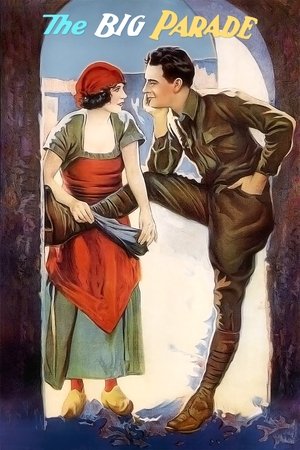 7.6
7.6The Big Parade(en)
The story of an idle rich boy who joins the US Army's Rainbow Division and is sent to France to fight in World War I, becomes friends with two working class men, experiences the horrors of trench warfare, and finds love with a French girl.
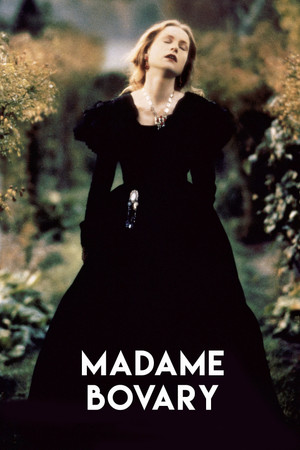 6.3
6.3Madame Bovary(fr)
Bored with the limited and tedious nature of provincial life in 19th-century France, the fierce and sensual Emma Bovary finds herself in calamitous debt and pursues scandalous sexual liaisons with absolute abandon. However, when her volatile lifestyle catches up to her, the lives of everyone around her are endangered.
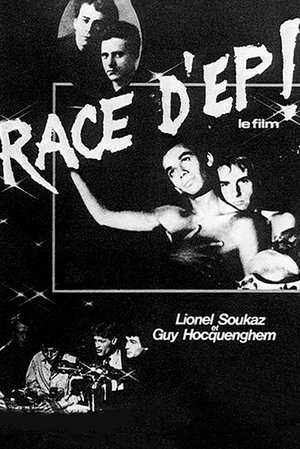 4.8
4.8Race d'Ep!(fr)
"Race d’Ep!" (which literally translates to "Breed of Faggots") was made by the “father of queer theory,” Guy Hocquenghem, in collaboration with radical queer filmmaker and provocateur Lionel Soukaz. The film traces the history of modern homosexuality through the twentieth century, from early sexology and the nudes of Baron von Gloeden to gay liberation and cruising on the streets of Paris. Influenced by the groundbreaking work of Michel Foucault on the history of sexuality and reflecting the revolutionary queer activism of its day, "Race d’Ep!" is a shockingly frank, sex-filled experimental documentary about gay culture emerging from the shadows.
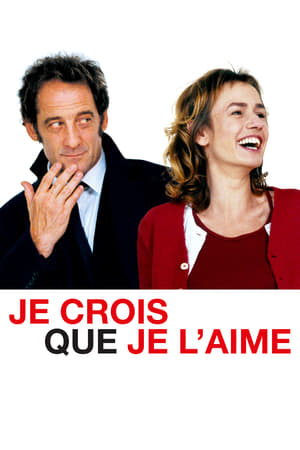 6.3
6.3Could This Be Love?(fr)
Lucas, a wealthy, 43 year-old divorced businessman, is irresistibly attracted to Elsa, a 38 year old renowned sculptor from whom he has commissioned a piece to decorate the reception at his office.
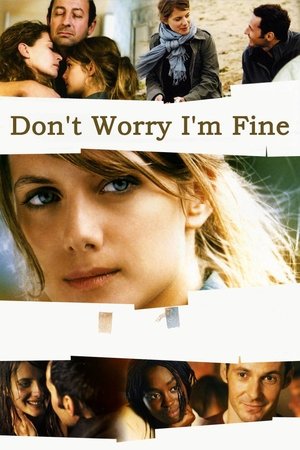 7.2
7.2Don't Worry, I'm Fine(fr)
A 19-year-old searches for her twin brother after he runs away from home, following a fight with their father.
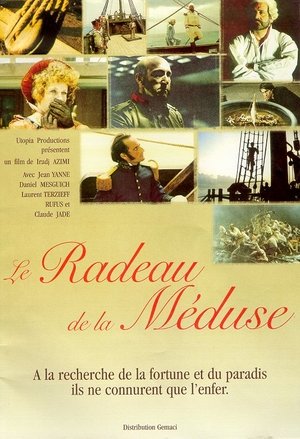 6.3
6.3Le radeau de la Méduse(fr)
Iranian Iradj Azimi directed this French historical drama re-creating events depicted in the famous 1819 painting The Raft of the Medusa by Jean Louis Andre Theodore Gericault (1791-1824). The ill-fated voyage of the frigate Medusa begins when it departs Rochefort for Senegal in 1816. After striking a sandbar off the African coast, 150 civilians row safely to shore, but Captain Chaumareys (Jean Yanne) orders 140 soldiers and sailors onto a raft (minus supplies) and has it cut loose. Only 14 survive from the 140, creating a scandal back in France. Gericault (Laurent Terzieff) later talks to three of the survivors while researching his painting. Work on this film began in 1987, but sets destroyed by Hurricane Hugo caused delays, so the film was not completed until 1990. However, it then remained undistributed until an incident in which writer-director Azimi slashed his wrists in front of French Ministry of Culture officials.
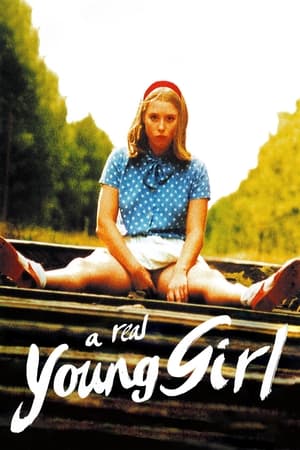 5.3
5.3A Real Young Girl(fr)
Bored and restless, Alice spends much of her time lusting after Jim, a local sawmill worker. When not lusting after him, Alice fills the hours with such pursuits as writing her name on a mirror with vaginal secretions and wandering the fields with her underwear around her ankles. And, in true teenaged tradition, she spends a lot of time writing in her diary.
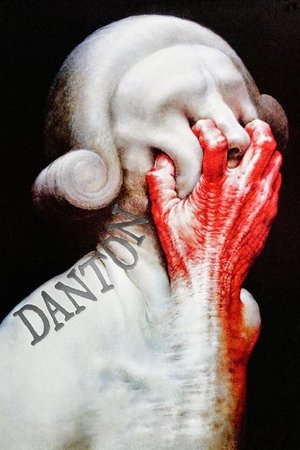 6.9
6.9Danton(fr)
Danton and Robespierre were close friends and fought together in the French Revolution, but by 1793 Robespierre was France's ruler, determined to wipe out opposition with a series of mass executions that became known as the Reign of Terror. Danton, well known as a spokesman of the people, had been living in relative solitude in the French countryside, but he returned to Paris to challenge Robespierre's violent rule and call for the people to demand their rights. Robespierre, however, could not accept such a challenge, even from a friend and colleague, and he blocked out a plan for the capture and execution of Danton and his allies.
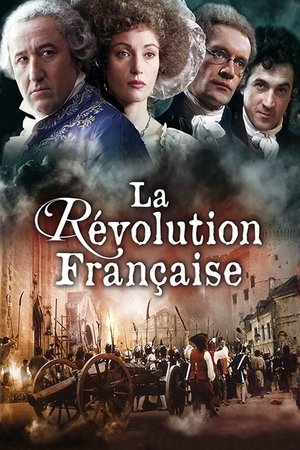 7.5
7.5The French Revolution(fr)
A history of the French Revolution beginning from the decision of the king to convene the Etats-Generaux in 1789 in order to deal with France's debt problem. Part one spans the event until August 10, 1792 (when the King Louis XVI lost all authority and was imprisoned). Part two carries the story through the end of the terror in 1794.
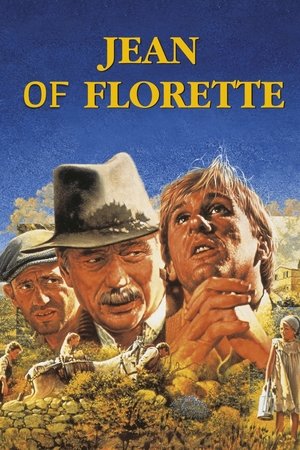 7.7
7.7Jean de Florette(fr)
In a rural French village, an old man and his only remaining relative cast their covetous eyes on an adjoining vacant property. They need its spring water for growing their flowers, and are dismayed to hear that the man who has inherited it is moving in. They block up the spring and watch as their new neighbour tries to keep his crops watered from wells far afield through the hot summer. Though they see his desperate efforts are breaking his health and his wife and daughter's hearts, they think only of getting the water.
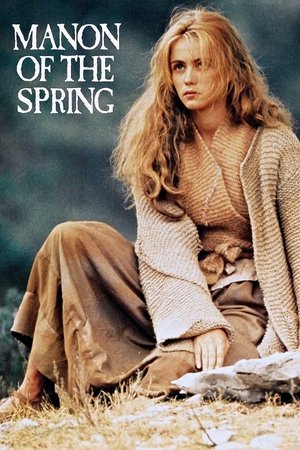 7.6
7.6Manon of the Spring(fr)
In this, the sequel to Jean de Florette, Manon has grown into a beautiful young shepherdess living in the idyllic Provencal countryside. She plots vengeance on the men who greedily conspired to acquire her father's land years earlier.
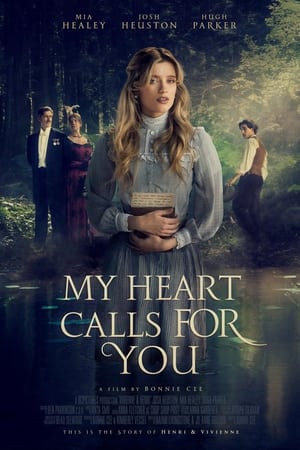 0.0
0.0My Heart Calls for You(en)
When Vivienne, a spirited young writer born of wealth, meets Henri, a young farmhand with nothing but the shirt on his back, these star-crossed lovers must face her family, societal norms and the inescapable grips of war.
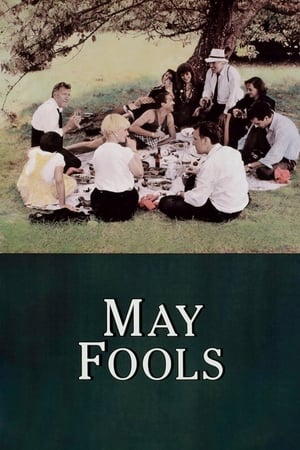 6.9
6.9May Fools(fr)
An eccentric family is re-united during the 1968 general strike in France, after the death of the grandmother.
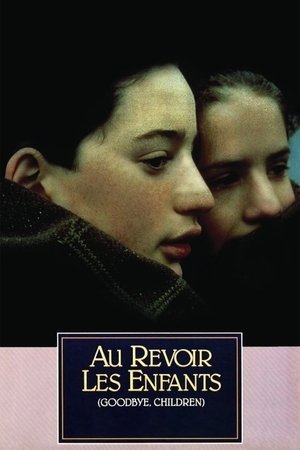 7.5
7.5Au Revoir les Enfants(fr)
Au revoir les enfants tells a heartbreaking story of friendship and devastating loss concerning two boys living in Nazi-occupied France. At a provincial Catholic boarding school, the precocious youths enjoy true camaraderie—until a secret is revealed. Based on events from writer-director Malle’s own childhood, the film is a subtle, precisely observed tale of courage, cowardice, and tragic awakening.
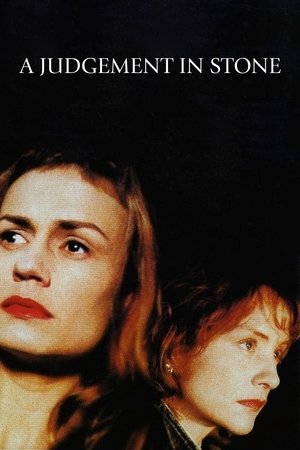 7.3
7.3La Ceremonie(fr)
Sophie, a quiet and shy maid working for an upper-class French family, finds a friend in the energetic and uncompromising postmaster Jeanne, who encourages her to stand up against her bourgeois employers.
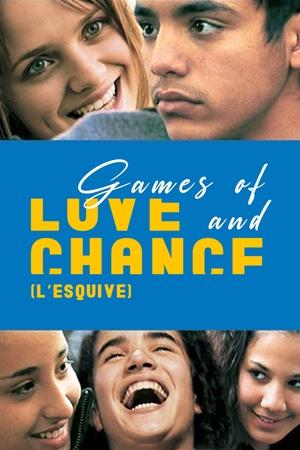 6.6
6.6Games of Love and Chance(fr)
A group of teenagers living in a housing project in the outskirts of Paris rehearse a scene from Marivaux's play of the same name. Krimo is determined not to take part, but after developing feelings for Lydia, he quickly assumes the main role and love interest in the play.
 7.9
7.9Grand Illusion(fr)
A group of French soldiers, including the patrician Captain de Boeldieu and the working-class Lieutenant Maréchal, grapple with their own class differences after being captured and held in a World War I German prison camp. When the men are transferred to a high-security fortress, they must concoct a plan to escape beneath the watchful eye of aristocratic German officer von Rauffenstein, who has formed an unexpected bond with de Boeldieu.
 6.1
6.1Claire's Camera(fr)
Claire, a school teacher with a camera is on her first visit to Cannes. She happens upon a film sales assistant, Man-hee, recently laid off after a one-night stand with a film director.
Our Father(en)
The Second World War is experienced through the journey of Private Cole, a dramatic study of the contrasting nature between the innocence of childhood and the reality of war, and the emotional struggle that accompanies it.
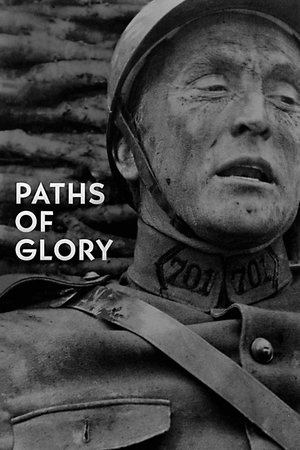 8.3
8.3Paths of Glory(en)
A commanding officer defends three scapegoats on trial for a failed offensive that occurred within the French Army in 1916.